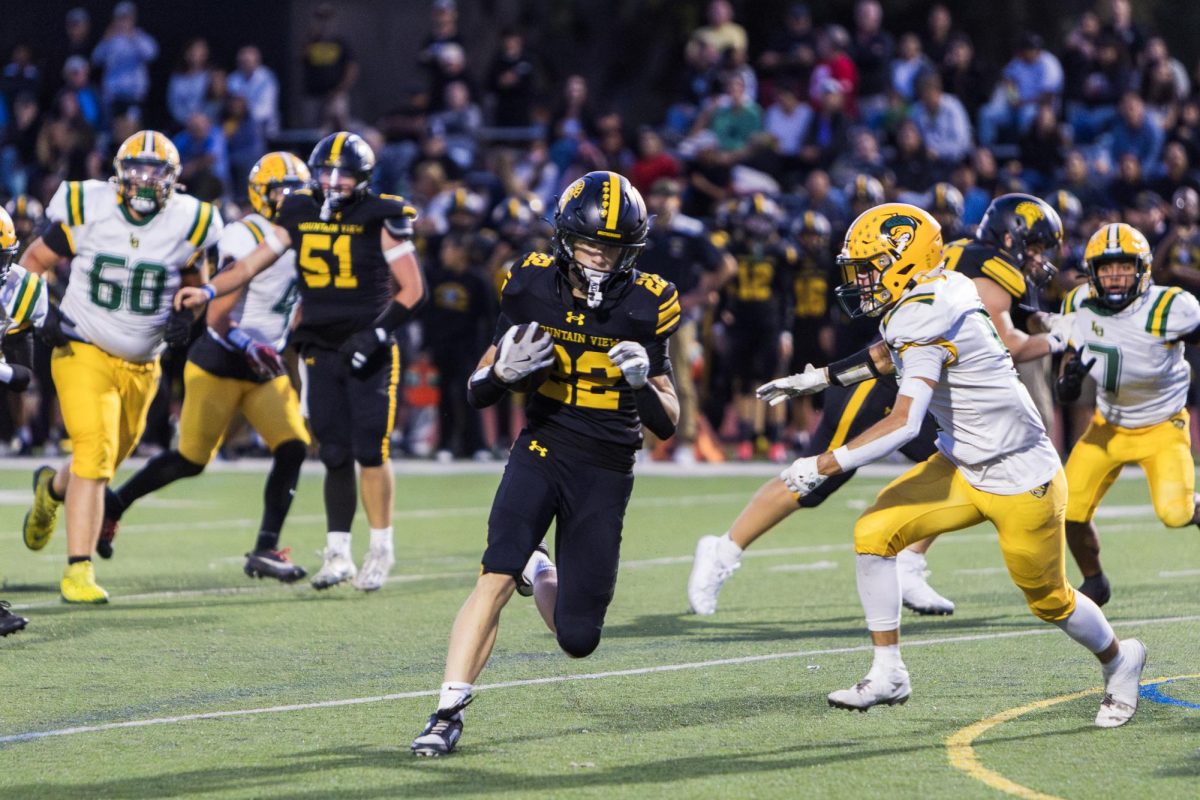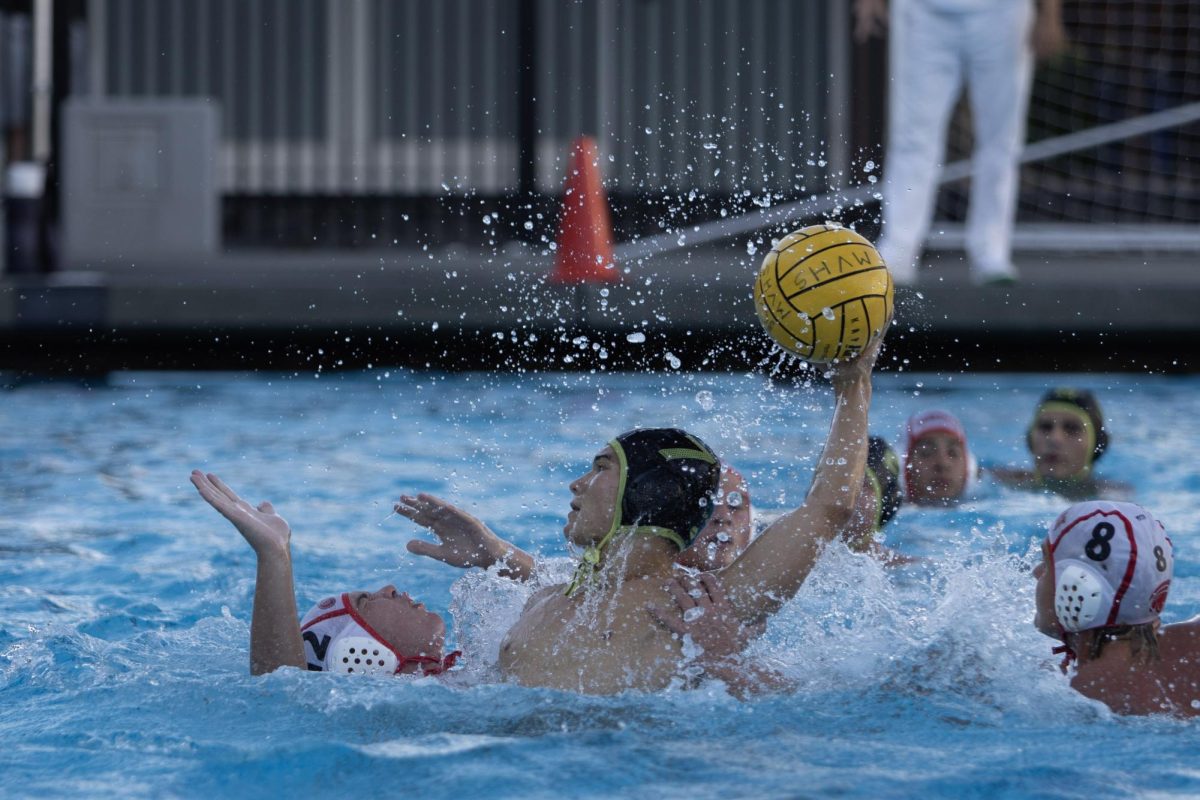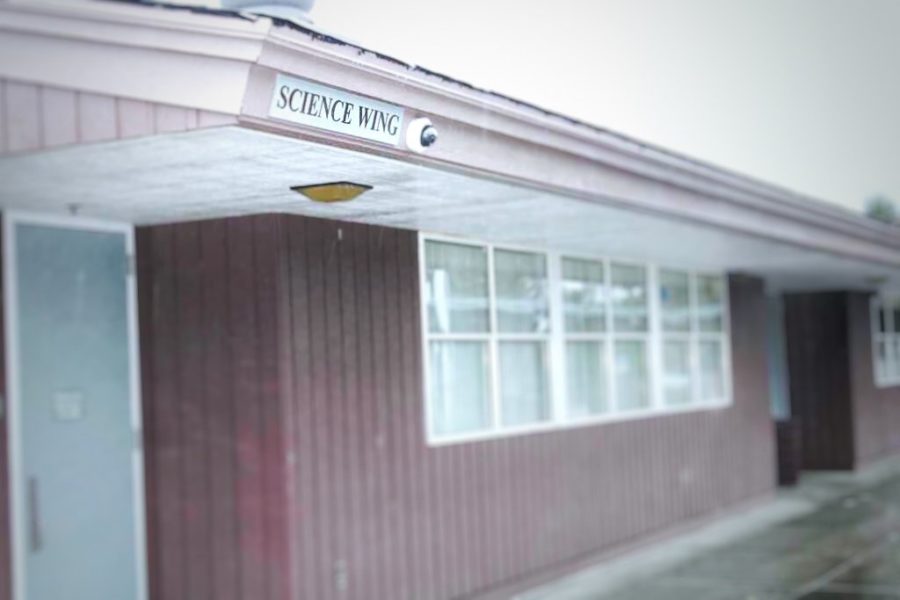Several cases of cheating were discovered across Chemistry Honors classes, according to Chemistry Honors teachers Katherine Rogers and Christine Yow. In a joint email statement, the teachers said they included a question on a Jan. 19 and 20 test designed to check if students had cheated. Although they didn’t provide official statistics, the teachers wrote they compiled a list of students they suspected had cheated, finding several cases across multiple classes.
According to Rogers, the question resulted in a different answer if googled rather than completed in the way students were taught in class.
“We were honestly shocked to discover how many students we suspected had googled that answer across all of our class, and because it was more than a handful of students, we wanted to address it as a whole class rather than individually,” Rogers wrote.
Natasha*, an anonymous Chemistry Honors student who admitted to cheating, said that the “big time crunch” on the test motivated her to cheat.
“This unit was much harder and complicated than the units we’ve had before,” Natasha said. “There were a lot of questions that required a decent amount of time so I think a lot of students wanted to ‘save time’ by doing so.”
During class the next day, the teachers administered an online activity that outlined the school’s academic integrity policy, including an interactive section where students could admit to cheating and offer the class suggestions to move forward. All students were later invited to retake the test with integrity, regardless of whether they had cheated or not.
“Based on their… responses, we recognized that we could not know for sure who did or did not cheat, and so we instead put the decision in [the students’] hands,” Rogers said.
After meeting with an assistant principal and discussing how to address the issue, Rogers said the teachers gave an asynchronous assignment where students researched the academic integrity policy of a college they were interested in attending after high school.
We wanted this to be a learning opportunity for students, to help them put academic integrity in a larger context.
Tony*, an anonymous Chemistry Honors student who admitted to cheating, said that hearing about students excelling in advanced classes made him think about his future and college admissions. He added that the pressure to achieve high grades for selective college admissions ultimately led him to cheat.
“Many other Chemistry Honors students had this issue because they felt like they had to hold up the name ‘Chemistry Honors’ by getting all As… and when they don’t get that, it makes them feel almost embarrassed and resentful,” Tony said. “Our teachers always tell us that one grade isn’t going to affect our future, but I don’t think that we truly believe that.”
Another student who admitted to cheating, Julie*, shared that she believed easy access to online resources motivated her and other students to cheat.
For the next test, the teachers asked students to fill out an academic honesty pledge, according to Chemistry Honors student Kate Stone, who said she did not cheat on the original test. Rogers also mentioned that the teachers wanted to be “incredibly explicit about what is and is not allowed” on future tests to motivate students to take tests with academic integrity.
“By giving students a chance to reflect on their choices, we hoped to help some students evaluate if their actions were in line with who they want to be,” Rogers wrote. “We wanted this to be a learning opportunity for students, to help them put academic integrity in a larger context.”
After interviewing several Chemistry Honors students across class periods and receiving a joint email statement from the Chemistry Honors teachers, we have updated this article to better reflect the details of the story.
An earlier version of this article incorrectly stated that the Chemistry Honors teachers declined to comment. The statistic that stated ⅔ of the Chemistry Honors students cheated was only allegedly true of one class. Names with the * sign are pseudonyms for anonymous students.
































